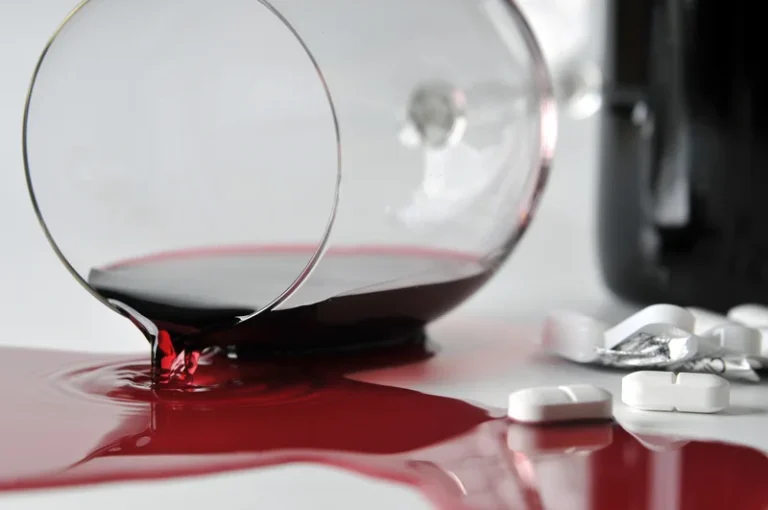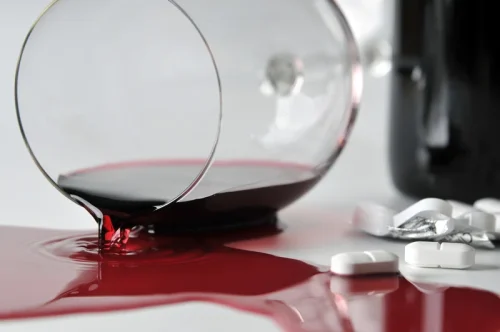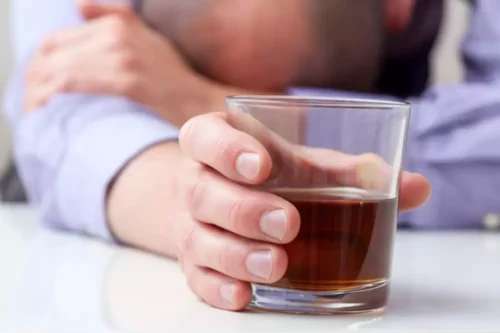
Factors such as when you last ate, the type and amount of what causes alcohol intolerance food you had, when you last exercised, and the medications you’re currently taking can all alter alcohol’s effects. The term alcohol intolerance is used for those who cannot process alcohol in the normal way. They often have a gene that is affected that is passed down in the family. If you regularly played darts or pool at the pub prior to lockdown, a loss of learned tolerance could mean that you don’t play as well as you used to when you have a game after a few drinks. This is because familiar “cues” – such as your home setting – are repeatedly paired with alcohol’s effects.
Alcohol Allergy vs. Intolerance
- Individuals may also explore alternative alcoholic beverages or nonalcoholic options that they can tolerate.
- Living with alcohol intolerance requires adjustments to daily routines and social interactions.
- Your doctor may also order an alcohol allergy test to rule out that an allergy is causing the symptoms.
- As a result, a person may experience facial flushing and skin and digestive issues.
- At Orlando Recovery Center Drug and Alcohol Rehab, we offer many alcohol addiction treatment options led by trained medical professionals.
- This condition is usually genetic and is common in people of Asian descent.
By avoiding alcohol, choosing your beverages carefully, taking antihistamines, and staying hydrated, you can help to reduce your symptoms and feel more comfortable. If you are concerned about your symptoms, be sure to speak to a healthcare professional for guidance. Diagnosing alcohol intolerance involves a multifaceted approach combining medical history assessment, physical examination, and specific diagnostic tests. A key diagnostic tool is the skin prick test, which can reveal allergies to substances found in alcoholic beverages, such as grains in beer.
Immediate Symptoms

Certain medical and health conditions (like those mentioned in the above section) can also make alcohol more difficult to tolerate. The most common cause of alcohol intolerance is an aldehyde dehydrogenase (ALDH2) deficiency. ALDH2 is used to break alcohol down in the liver, turning it into acetic acid. If you continue to drink alcohol and suffer from alcohol intolerance, this is likely to cause liver damage. In fact, your body might have an inability to process other constituents of alcohol, such as histamine, yeast, grains, sulfites, or preservatives. People who experience low tolerance can continue to consume alcohol as long as they know their limits and do not exceed the recommended units per week – around 14 units per week for men and women.
- Chronic exposure to acetaldehyde, a toxic metabolite of alcohol that accumulates in individuals with intolerance, can lead to significant health risks.
- For example, potential symptoms include red and itchy skin, nasal congestion, shortness of breath, abdominal pain, and diarrhea.
- The symptoms are caused because the body’s immune system becomes overactive and attacks something found in the alcohol.
- Depending on your symptoms, they might refer you to an allergist for testing and treatment.
What are the symptoms of alcohol intolerance?
- Alcohol intolerance happens when the body cannot properly break down alcohol.
- Another key enzyme, aldehyde dehydrogenase (ALDH2), is involved in the breakdown of acetaldehyde, a toxic byproduct of alcohol metabolism.
- As research progresses in unraveling genetic networks in alcohol metabolism, genetic factors continue to play a crucial role in diagnosing and managing alcohol intolerance.
In fact, alcohol intolerance can develop at any stage of life, and it’s something that can happen to anyone. Symptoms of alcohol intolerance can range from mild (such as face reddening), to severe (anaphylaxis). Once an intolerance has developed, the only way to eliminate symptoms is to avoid alcohol altogether.


Because it is caused by your body’s inability to process alcohol correctly, drinking slowly and giving yourself time between each drink can lessen its severity. Drinking when you have alcohol intolerance does increase your risk of cancer, and you should consider trying to completely stop drinking alcohol instead of just moderating it. Avoiding alcohol is always the best option for those with alcohol intolerance, as the increased acetaldehyde levels increase your cancer risk. Avoiding alcohol also helps you to avoid the unpleasant symptoms that alcohol intolerance can create. This genetic deficiency results in decreased levels of aldehyde dehydrogenase, the enzyme that breaks acetaldehyde into non-toxic chemicals. Those with normal aldehyde dehydrogenase levels break acetaldehyde down almost instantaneously, while those with ALDH2 deficiency metabolize it quite slowly.
- Your body may also start to reject alcohol later in life because as you age and your body changes, the way you respond to alcohol can also change.
- Our state-specific resource guides offer a comprehensive overview of drug and alcohol addiction treatment options available in your area.
- Having an alcohol intolerance is a genetic condition that means your body can’t process alcohol easily.
- Allergy symptoms are often more painful and uncomfortable than alcohol intolerance symptoms.

While there is no cure for this condition, avoiding alcohol helps you stay symptom-free. When you drink alcohol, your liver first breaks down alcohol into a toxic chemical called https://ecosoberhouse.com/ acetaldehyde. Your body uses an enzyme called aldehyde dehydrogenase, or ALDH2, to break down acetaldehyde.

Genetic and Enzymatic Factors Contributing to Alcohol Intolerance
Alcohol intolerance doesn’t mean you become drunk faster or after drinking less alcohol. Often, people with alcohol intolerance drink less, because the symptoms they experience are so unpleasant. If you have any unpleasant symptoms after drinking alcohol, see your healthcare provider. Your provider can help get to the bottom of your symptoms and recommend the best next steps. Symptoms of an alcohol allergy include rashes, itchiness, swelling and severe stomach cramps. Allergy symptoms are often more painful and uncomfortable than alcohol intolerance symptoms.
